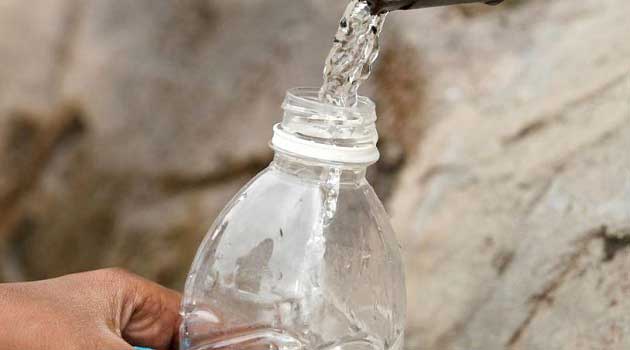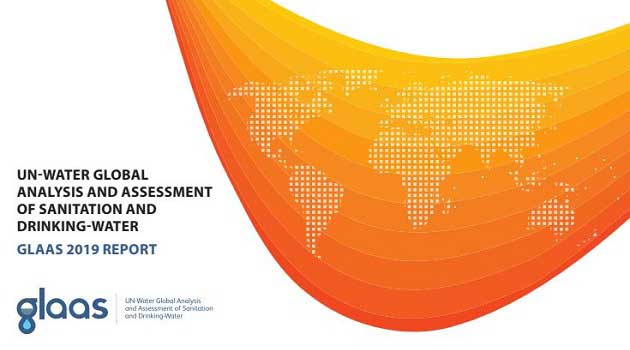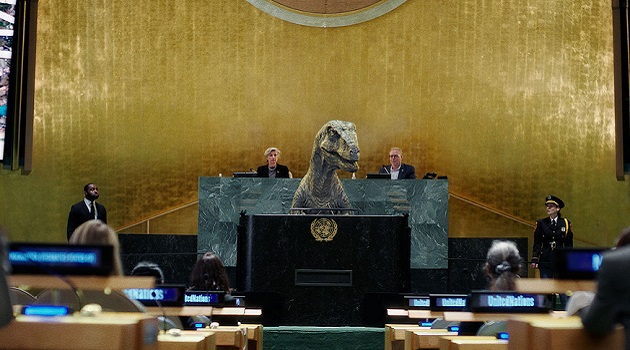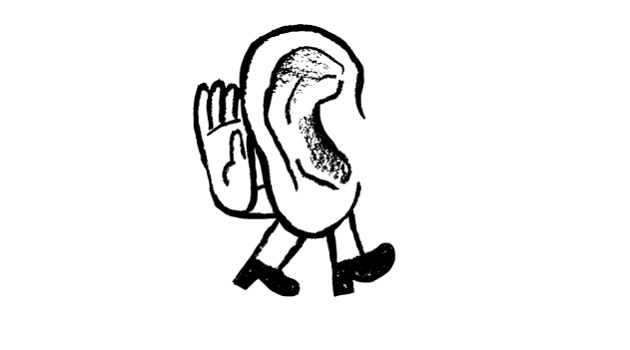Too many people lack access to reliable and safe drinking-water, toilets and hand-washing facilities, says World Health Organization in a report.
The UN-Water Global Assessment and Analysis of Sanitation and Drinking-Water 2019 (known as the GLAAS report) surveyed 115 countries and territories, representing 4.5 billion people.
It sounded the alarm for an urgent increase in investment in strong drinking-water and sanitation systems, adding that too many people are at risk of deadly infections and threatening progress in public health.
WHO Director-General Dr Tedros Adhanom Ghebreyesus said, “Water and sanitation systems don’t just improve health and save lives, they are a critical part of building more stable, secure and prosperous societies. We call on all countries that lack essential water and sanitation infrastructure to allocate funds and human resources to build and maintain it.”
The report reveals that weak government systems and a lack of human resources and funds are jeopardizing the delivery of water and sanitation services in the world’s poorest countries – and undermining efforts to ensure health for all.
It showed that, in an overwhelming majority of countries, the implementation of water, sanitation and hygiene policies and plans is constrained by inadequate human and financial resources.
“If we are to create a healthier, more equitable and stable society, then strengthening the systems to reach those currently living without safe and affordable water, sanitation and hygiene services must be a top priority,” said Gilbert F Houngbo, Chair of UN-Water and President of the International Fund for Agricultural Development.
“While we need to ensure that there is sufficient funding to tackle these critical challenges, it is equally important to continue reinforcing national delivery systems,” he said.
As the international authority on public health and water, sanitation and hygiene, WHO gathers scientific evidence, sets and monitors standards, and promotes best policies and practices for ensuring safe, reliable water, sanitation and hygiene for all people.
About the World Health Organization
The World Health Organization provides global leadership in public health within the United Nations system. Founded in 1948, WHO works with 194 Member States, across six regions and from more than 150 offices, to promote health, keep the world safe and serve the vulnerable. Its goal for 2019-2023 is to ensure that a billion more people have universal health coverage, to protect a billion more people from health emergencies, and provide a further billion people with better health and wellbeing.
About UN Water
UN-Water coordinates the efforts of UN entities and international organizations working on water and sanitation issues. Over 30 UN organizations carry out water and sanitation programmes, reflecting the fact that water issues run through all of the UN’s main focus areas. UN-Water’s role is to coordinate so that the UN family ‘delivers as one’ in response to water related challenges.
Find us on Facebook, Twitter, Instagram, Pinterest and LinkedIn. Click here to subscribe Raisina Hill newsletter.












